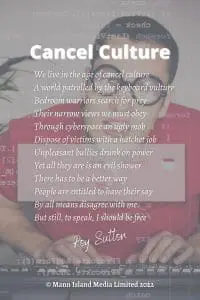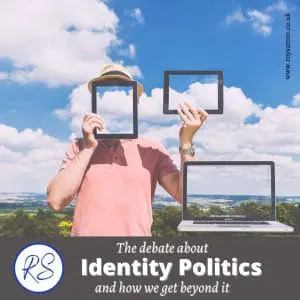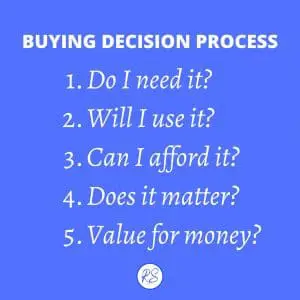
I’ve written one for you, but perhaps not one you might expect.
Most graduation poems are a celebration of the moment, and there’s nothing wrong with that approach. It’s the culmination of years of hard work, after all.
However, in the modern age, it seems that many young people look back and wonder whether the burden of student debt was worth it, in terms of the potential return on the money and time invested.
You can decide on the merits or otherwise of that argument, of course, but I thought it might be interesting to offer an alternative perspective. One that might be considered more realistic, possibly?
If you like it, feel free to share it on social media.
Graduation Poem:
Wore gown and mortar board
Proud parents taking photographs
For memories, they will hoard
The Rector warmly greeted us
He spoke of futures bright
He said we’ll all get well-paid jobs
Well, at least he said, some might
A degree once had real value
But it doesn’t anymore
When everybody’s got one
Employers know the score
Three years of diligent study
Now tinged with some regret
For two hours in the limelight
Was it worth incurring debt?
Please share with your friends:
If you did like this poem, please consider sharing it.
Please share it now. If you can do that for me then it will be truly appreciated.
Thank you for your support.
Articles that might also appeal to you:
- 10 original Limerick poems for your entertainment
- 2 Poems for today to make you think
- 2 poems for the homeless and less fortunate
- Poem for the bereaved and remembering loved ones lost
- 12 original Limericks written just for you
- 25 amusing quotes about getting old to make you smile
- 60 short jokes with puns that will raise a smile or two
- 11 funny quotes about money to make you smile
- 15 amusing quotes by Zsa Zsa Gabor
- 15 amusing quotes by Mae West to make you smile
- Bad puns never die they just raise a laugh
- 29 examples of sarcasm for when you need a witty insult
- 33 examples of irony and sarcasm for subtly conveying contempt
- 30 sarcasm examples that’ll really make you smile
- 21 sarcasm quotes that are the sharpest form of wit
You might like to try these free games too:
- Chess online free
- Checkers online free
- Backgammon online for free
- Word Search online free
- Sudoku free online
- Minesweeper online free
Copyright © Mann Island Media Limited 2022. All Rights Reserved.












